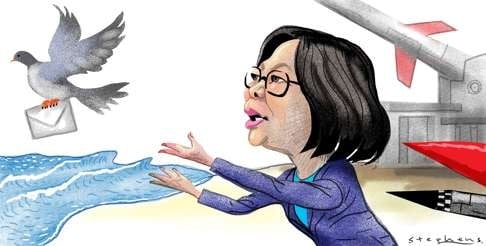
A shot at cross-strait diplomacy: Can Tsai Ing-wen turn the missile misfire crisis into an opportunity?
Zhou Bo says the misfired missile, while showing how precarious peace can be in the Taiwan Strait, offers a chance for the island’s new president to reach out to Beijing and rebuild trust
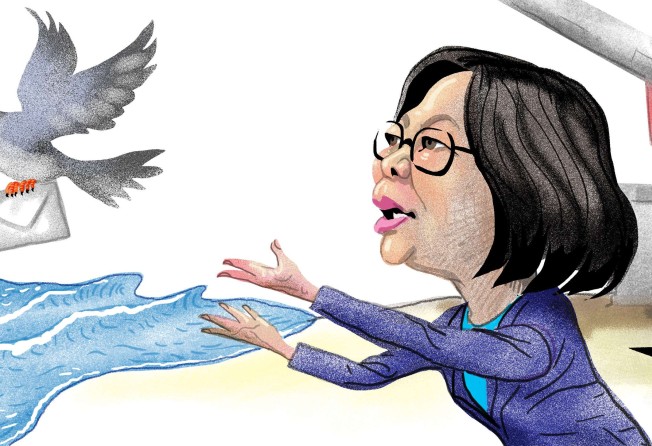

Appalled Taiwanese media hyped up how the mainland could have retaliated with showers of missiles, if the stray one had hit anywhere on the other side of the Taiwan Strait.
This shows how precarious peace can be across the strait. Compared with situations around the Diaoyu Islands and in the South China Sea, few would describe the Taiwan Strait as dangerous. During the meeting between Xi Jinping (習近平) and Ma Ying-jeou in Singapore, Ma declared that the strait was more peaceful than at any time since 1949. However, the stray missile reveals how, in life, the seemingly impossible can suddenly become possible in a dangerous way. The fact is that, of all the wars in history, almost a third were triggered by accidents that were misread.
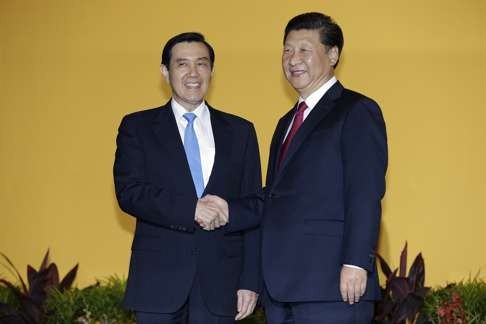
Beijing maintains that [cross-strait] exchanges can only be conducted under the ‘one China’ principle which ... Tsai has so far dodged
This is in sharp contrast with the military hotlines China has established with Russia, the US, South Korea and Vietnam. There is even a video link between the Chinese and the US military. And, in spite of the Diaoyus dispute, China and Japan are negotiating a maritime and air liaison mechanism.
The mainland is distrustful of Tsai, with good reason. Her “green camp”, the Democratic Progressive Party, is pro-independence. She was one of the chief drafters of the “special state-to-state relations doctrine” of former Taiwanese leader Lee Teng-hui, which describes the mainland and Taiwan as special but equal states across the strait. Her remarks on the 1992 Consensus on “one China” at her inauguration ceremony were shrouded in studied ambiguity, which the mainland has refused to buy.
Tsai’s challenge is to make a quick U-turn while pretending she is still the same person. Time is not on her side, not now or in the future.
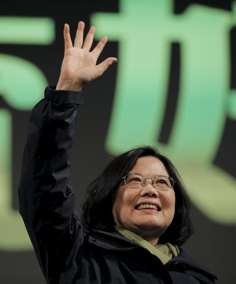
She has to whitewash her “green” colour, from now. Here is the chance. Beijing is adamant that secession means war, but it doesn’t want a war, either. That is why since 2004, the mainland, while maintaining its “one China” policy, has been calling for establishing a cross-strait military mechanism for mutual trust. The misfired missile is proof of Beijing’s insight. Tsai could use the grave mistake on the Taiwanese side to respond to the mainland initiative, starting with a sincere apology and a responsible explanation.
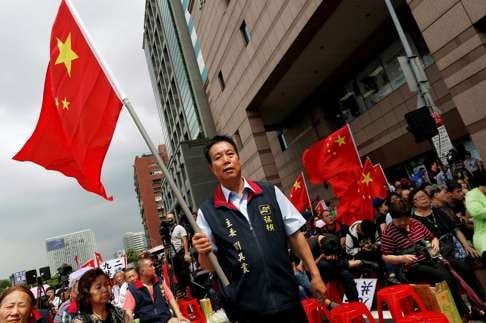
However, if this is difficult at this stage, she could take a bottom-up approach and allow for non-governmental exchanges first. At the 2013 Cross-Strait Peace Forum in Shanghai, 120 mainland and Taiwanese experts and academics concluded it was necessary to have contact and exchanges between the militaries across the strait. This could start in less-sensitive areas such as humanitarian aid and disaster relief, and then spill over into other more sophisticated spheres.
[Tsai] could take a bottom-up approach to allow for non-governmental exchanges first
According to Ma, Taiwan and the mainland have 23,000 sq km of overlapping air defence identification zones. The People’s Liberation Army has been carrying out more and more drills in the Western Pacific. The militaries on either side of the strait need to discuss how to reduce the risk of conflict. So far, both sides have a tacit agreement for military ships and aircraft not to trespass over the intermediate line in the Taiwan Strait. In the South China Sea, Taiwan-controlled Taiping Island is situated among mainland-controlled Yongshu, Meiji and Zhubi reefs. Could the two sides sign and adopt the same procedures as in the “Code for Unplanned Encounters at Sea” that China signed with 20 other countries in 2014 to avoid accidents?
Finally, is it possible one day to have a Xi-Tsai meeting? Such a possibility looks remote now. But, in politics, everything is possible.
Zhou Bo is an honorary fellow with the Centre of China-American Defence Relations at the PLA’s Academy of Military Science